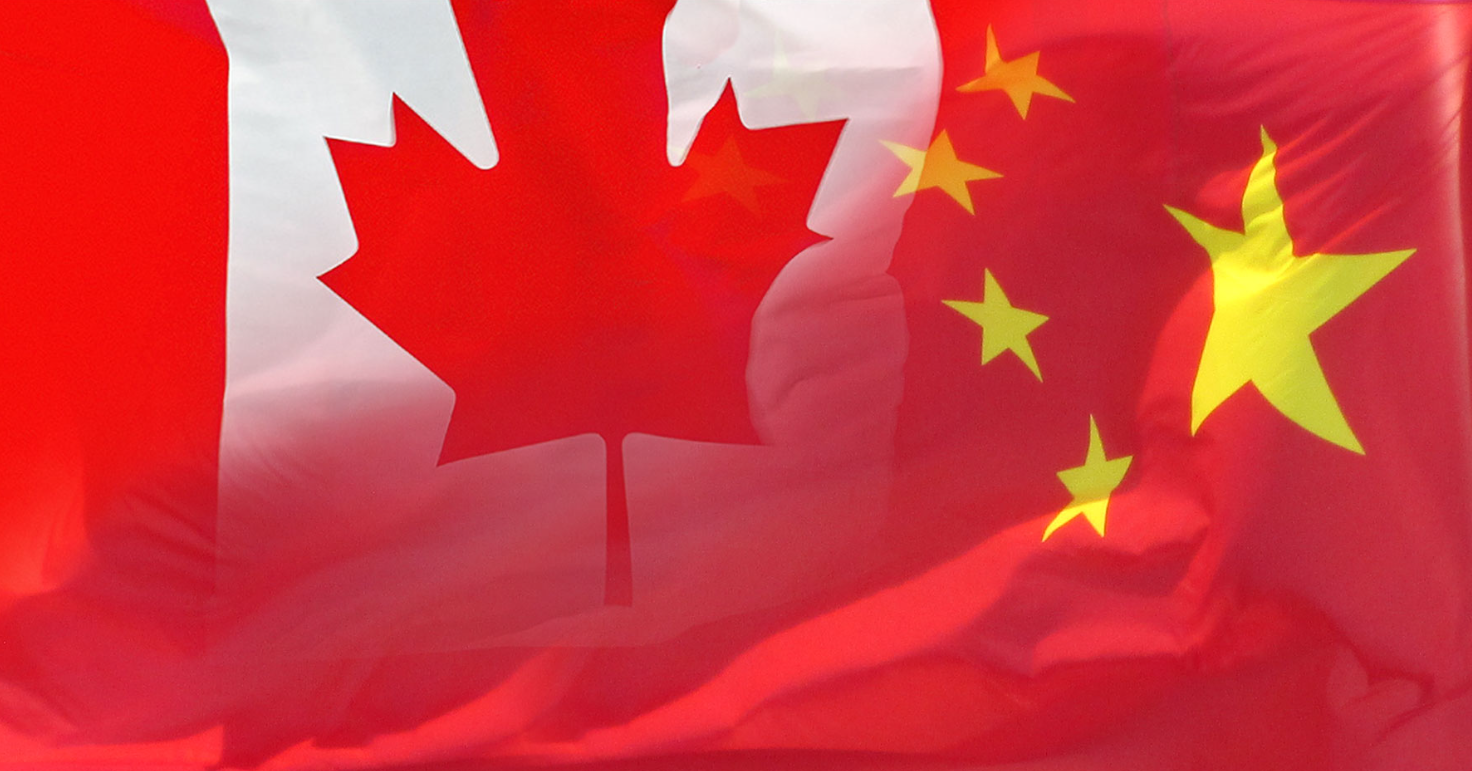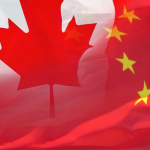Now Reading: Trade Alert: Canada Grapples with Multiple Export Pressures—Canola, China, and U.S. Tariffs
-
01
Trade Alert: Canada Grapples with Multiple Export Pressures—Canola, China, and U.S. Tariffs
Trade Alert: Canada Grapples with Multiple Export Pressures—Canola, China, and U.S. Tariffs

Canada currently faces a cascade of economic and trade disruptions: from withering canola exports due to Chinese tariffs, to shifts in trade policy with the U.S., all while its agricultural and manufacturing sectors reel from mounting pressures.
A ‘Gut Punch’ from China: Canola Market Crumbles
In a dramatic escalation, China has slapped a 75.8% anti-dumping duty on Canadian canola seed, following prior 100% tariffs on canola oil and meal—dear to Canada’s agricultural backbone. This has effectively shut off access to what had been a major export market.Финансовые ВедомостиReutersCanola Council of Canada
The repercussions were swift and severe. Nearly 200,000 to 400,000 metric tons of canola meal, valued at about $120 million USD, remain stuck in Chinese ports. With 100% duties in place, Chinese importers find it nearly impossible to release and sell this cargo domestically. Many are now offering steep 30% discounts to Southeast Asian and South Korean buyers.Reuters
Saskatchewan Premier Scott Moe is urgently preparing a diplomatic visit to China, advocating for federal aid and renewed dialogue to support Canadian farmers and restore market access.Reuters+1
Diplomatic Shifts: Canada Eases Retaliatory Tariffs on the U.S.
On a parallel front, Canada’s Prime Minister Mark Carney has softened its stance in the U.S. trade conflict by lifting 25% tariffs on US-made goods compliant with the USMCA agreement, starting September 1. This move aims to de-escalate tension while preserving tariffs on steel, aluminum, and automobiles.AP NewsThe Washington Post
This step toward détente is part of a broader attempt to revive stalled trade negotiations and reduce economic uncertainty amid U.S. tariff volatility.The Washington PostВикипедия
Wider Economic Ripples and What’s at Stake
- Sectoral Shockwaves: Canada’s highly trade-dependent industries—from agriculture to steel and autos—are taking a major blow. Manufacturing output and employment in export-heavy sectors are already lagging.mpamag.comeconofact.org
- Export Realignments: With China largely inaccessible, exporters are pivoting to alternative markets across Southeast Asia, though often at a financial loss.
- Urgent Need for Resilience: These crises underscore the importance of diversifying markets, enhancing diplomatic trade resilience, and supporting domestic producers through transitional aid and strategic investments.
In Summary
- China’s tariffs have effectively closed the door on Canada’s largest canola market, creating widespread financial distress for producers.
- Diplomacy is stepping in, with provincial leaders heading to Beijing and Ottawa easing tariffs on the U.S. to reduce pressures.
- The economic fallout will test Canada’s adaptability, demanding urgent policy solutions and trade diversification strategies.














